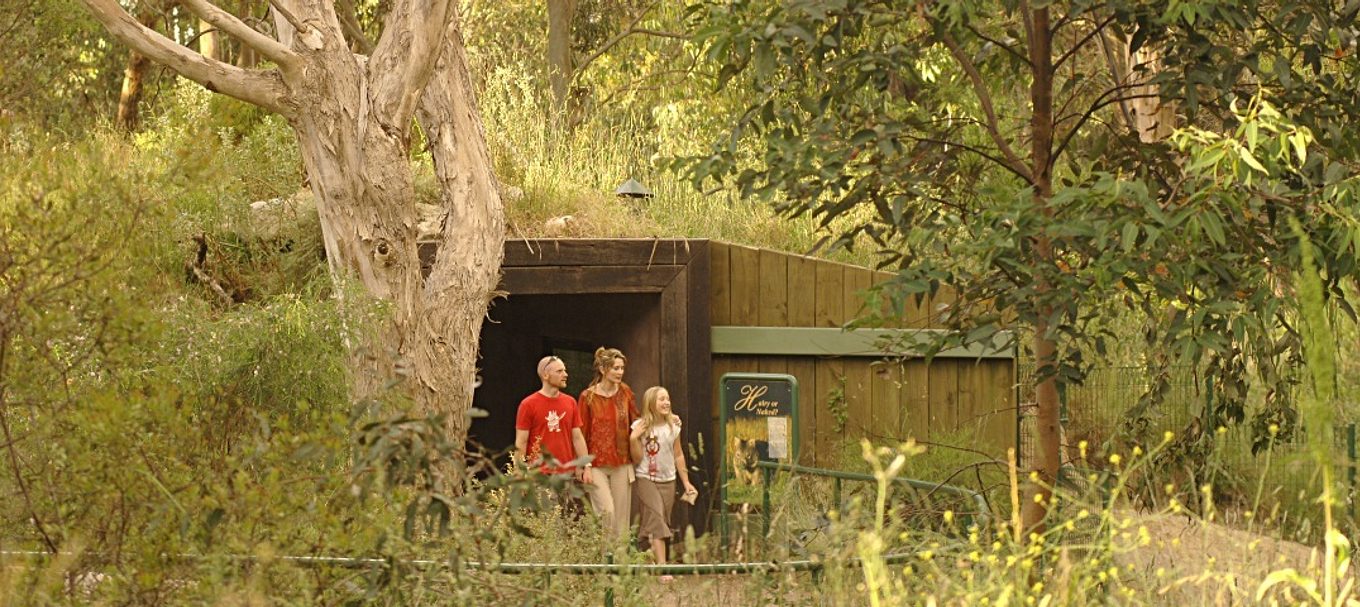
4 unexpected baby animals you might see at Cleland Wildlife Park this spring
Koala and kangaroo joeys are cute and in abundance at Cleland Wildlife Park during spring-time, so if you make the trip up to this Adelaide Hills park soon you’re likely to spot one.
But did you know there are some less well-known species that have also been getting busy during Covid lockdown?
Unlike some of the animals in the park, these ones may be a little more elusive, so you’ll need to switch on your stealth mode if you want to grab the perfect photo of these baby animals.
Here are four to look for:
1. Yellow-footed rock wallaby
Yellow-footed rock wallabies are masters of disguise, blending seamlessly into the rocky outcrops they call home.
Considered a vulnerable species in the wild, Cleland is home to 29 yellow-footed rock wallabies, with the latest edition currently still in mum’s pouch.
You might have to be patient before getting a glimpse of this joey, but it’s sure to pay off when you finally spot the elusive and shy creature.
You’ll find them in the north-west corner of the park, near the lookout.
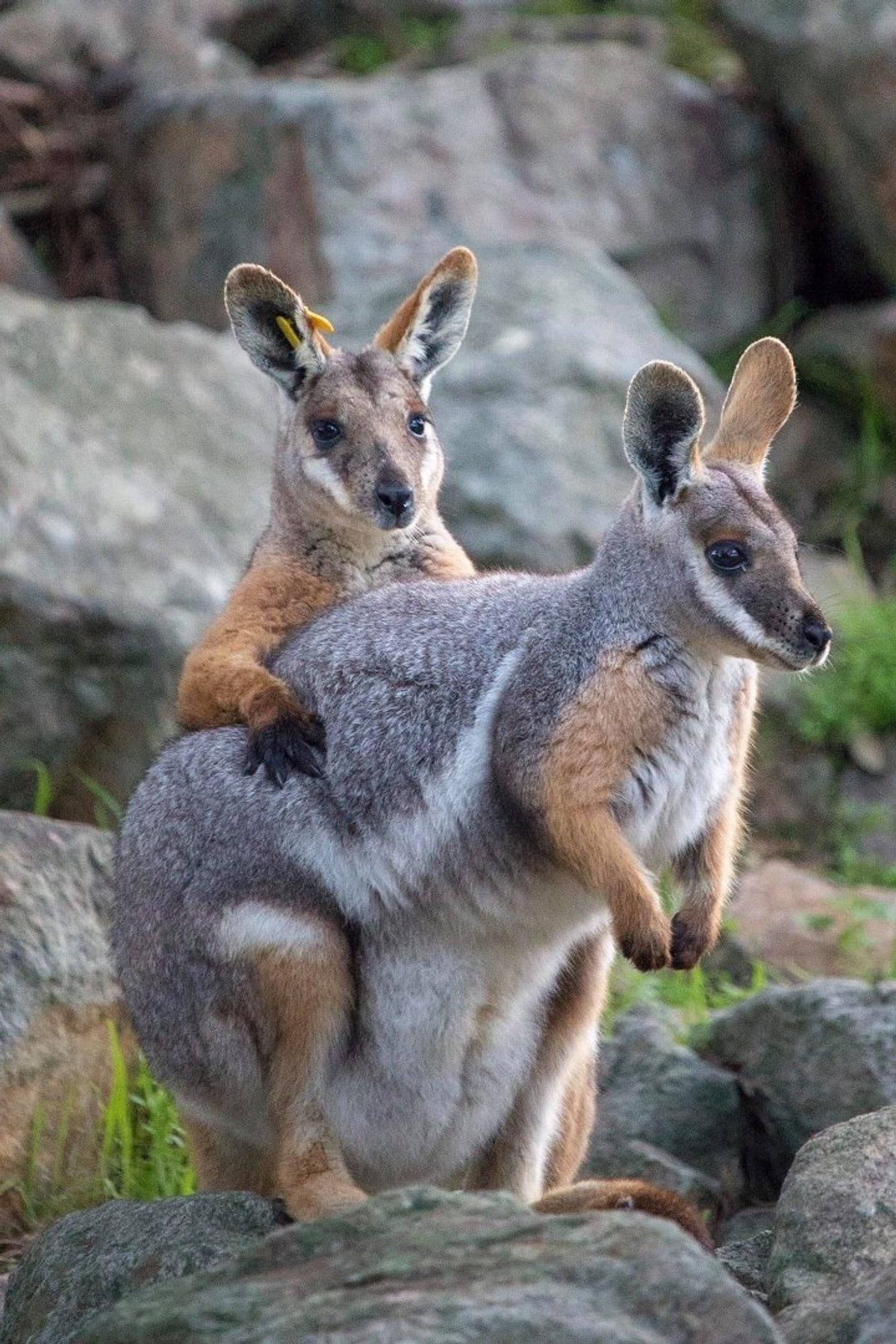
2. Scorpion
A gravid (which means full of eggs!) female black rock scorpion was found in the park in May, so the park’s keepers are patiently awaiting the arrival of scorpion babies.
Black rock scorpions are common in the east and south of Australia, and females can live for several years.
They live under rocks in a short burrow, which keepers have provided for her to ensure mum’s comfortable.
She will give birth to live young that will sit on her back until they are ready to fend for themselves. Once born, they’ll reside in the ‘Oceans to Outback’ Interpretive Centre.
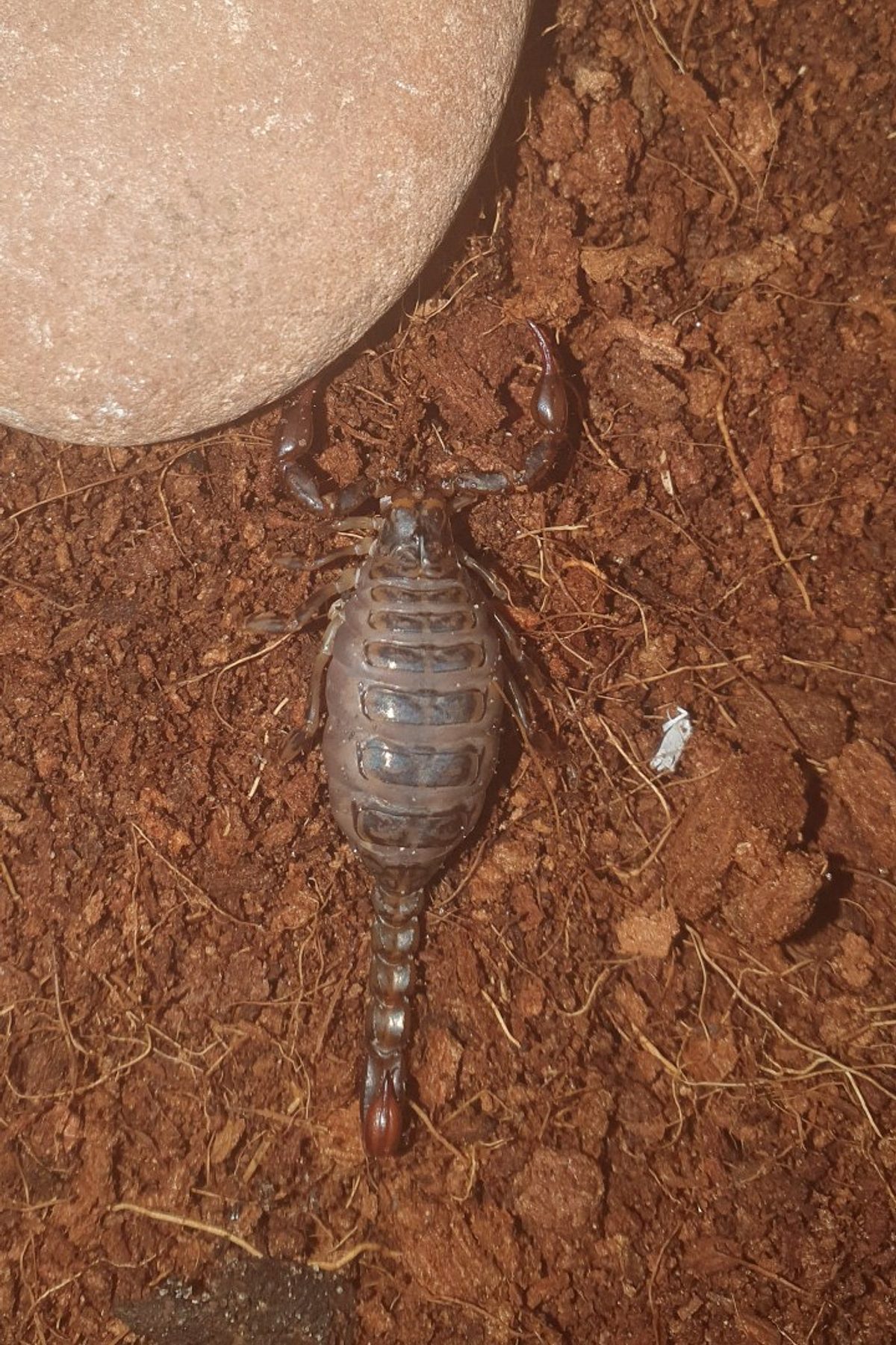
3. Stick insect
Given stick insect eggs can take up to two years to hatch, keepers have been lucky enough to welcome 33 to the Cleland family in recent months.
Measuring almost the same size as their parents when born, young stick insects shed their skin around 6-9 times before reaching adulthood. This helps them to look like the leaves and sticks they are named after.
You can find Cleland’s stick insects in the ‘Oceans to Outback’ Interpretive Centre too.
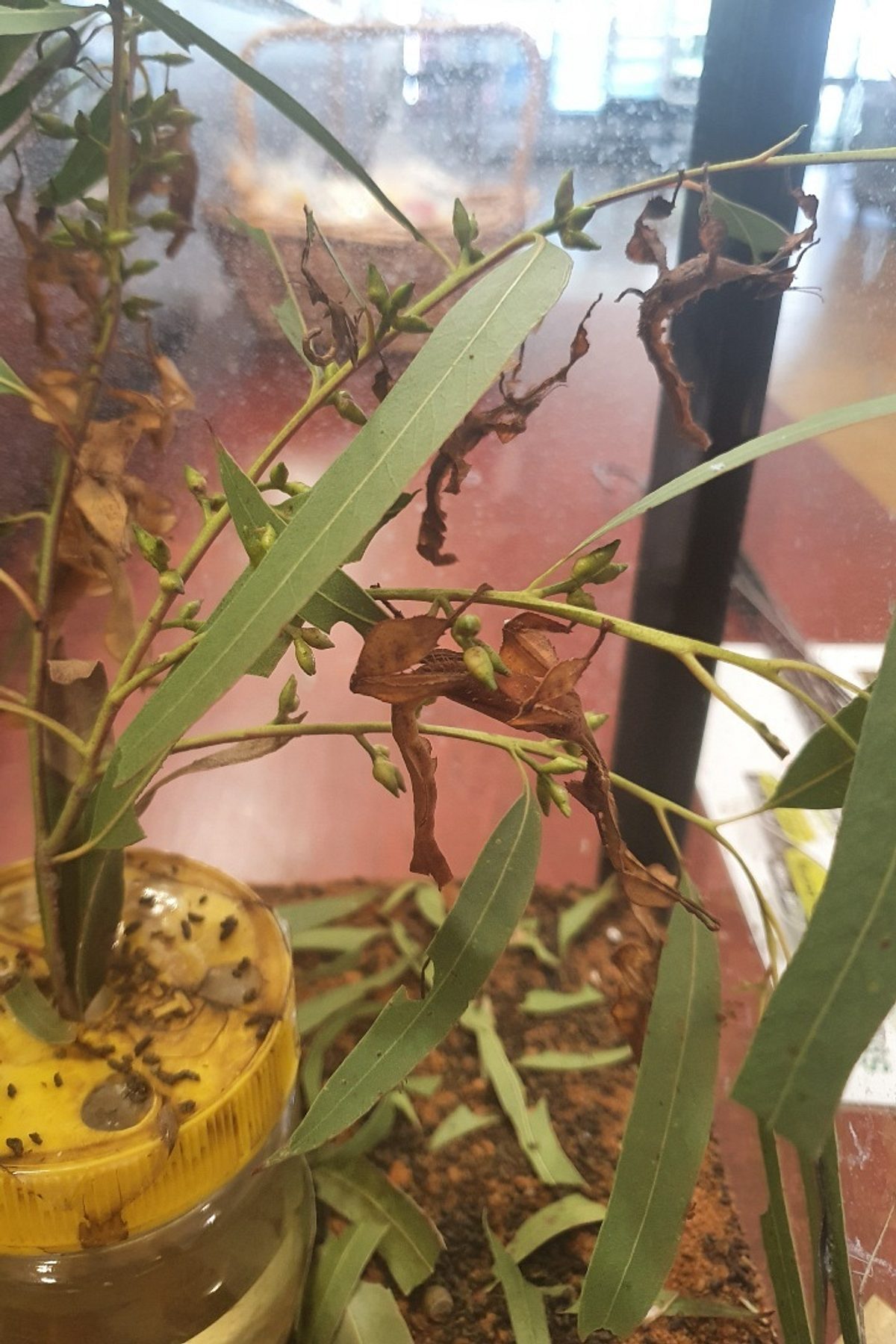
4. Bandicoot
Bandicoots have the shortest gestational period of any marsupial – only 12-14 days!
Given babies stay in their mother’s pouch for three months after birth, this means she can breed up to four times a year.
The Cleland team has spotted one baby bandicoot in its mum’s pouch (which faces backwards to prevent dirt getting in when mum is digging in the ground) but more are expected as the weather warms up.
Bandicoots roam free through-out the park, so this little guy might be the most elusive of all.
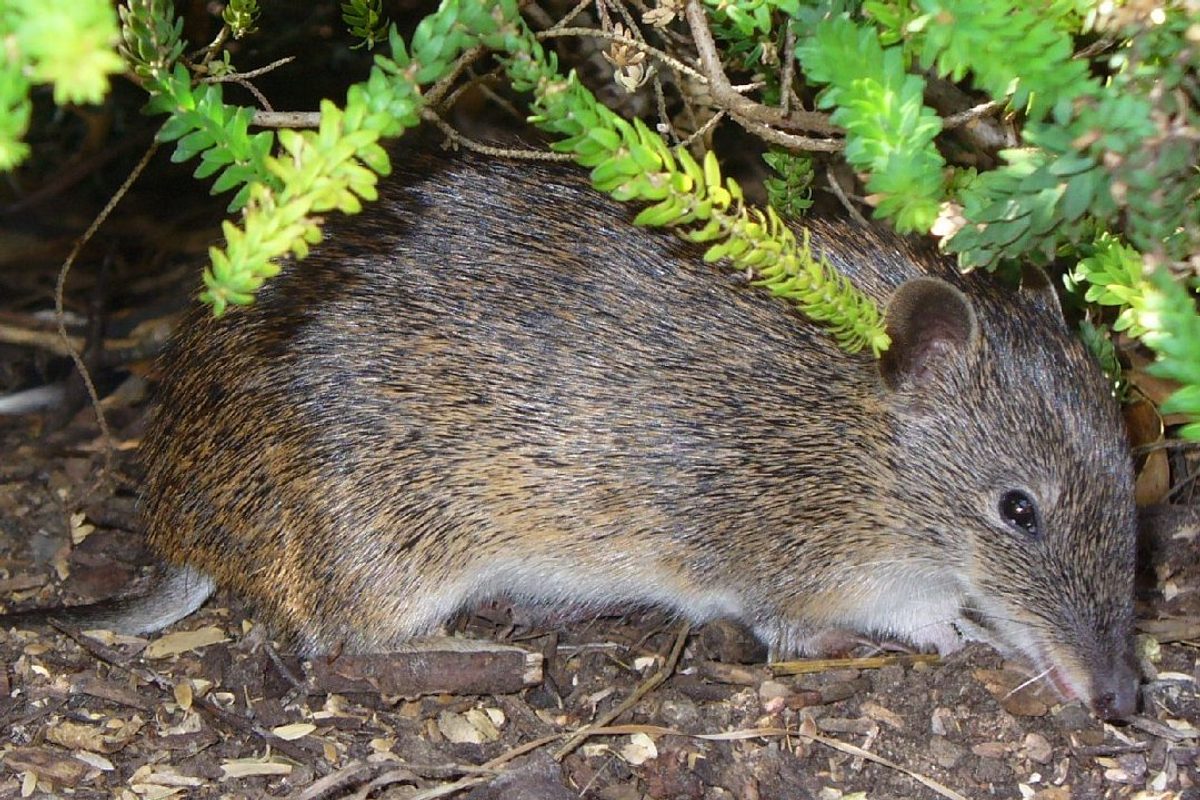
Affordable ways to visit Cleland
Cleland is currently offering 30 per cent off the price of family memberships, making your visits even more affordable.
By becoming a member you can have 12 months of unlimited access to the park all year round, as well as a number of other benefits including on-site discounts, a member newsletter and special one-off offers.
Use the code 30OFF2020 to redeem 30 per cent off the normal cost of annual membership. Offer ends Friday 18 September 2020.
Learn more about some of the species that call SA home by checking out ourAnimal Encounters library.





